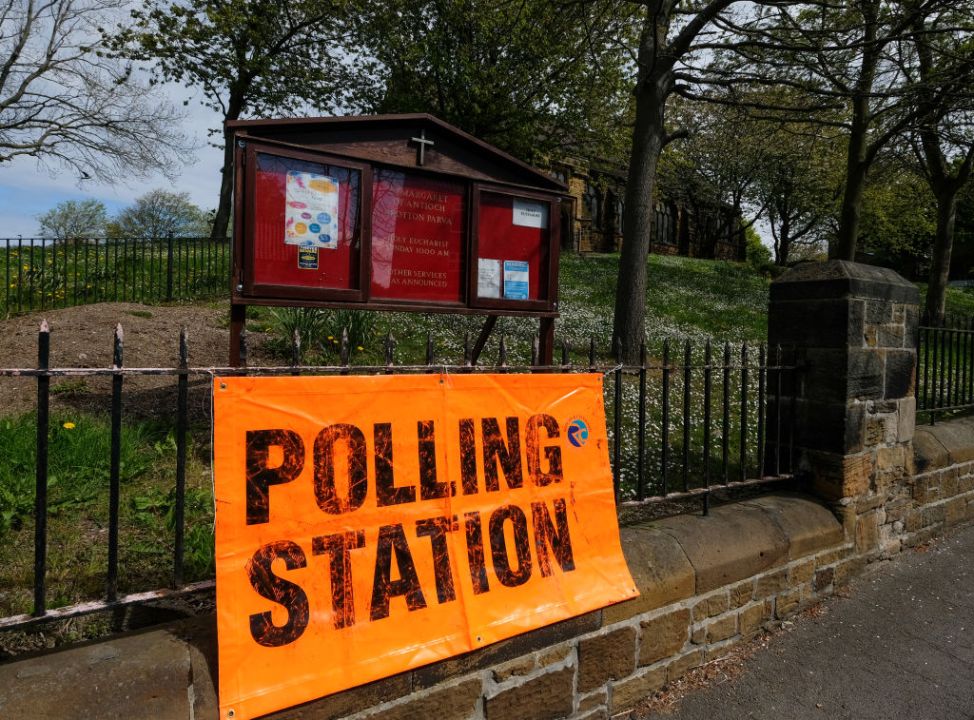On Thursday morning I left the house earlier than usual. I rode round the corner, through the driving Mancunian rain to a church hall. The people inside looked glad to see me. One asked for my address and then handed me a piece of paper. He ushered me to the centre of the hall where there were four shabby booths. I made my way to the nearest and cast my vote.
Given the magnitude and impact of recent democratic exercises, the local elections might seem relatively inconsequential. But the act of voting remains significant, no matter the scale of the ballot. The experience is reminiscent of going to confession – the anonymity, the privacy, the heavy breathing. Voting has the feel of a sacred act.
Manchester City Council is a Labour stronghold. Seeing little possibility of this changing, I decided (along with many others it seems) to spoil my ballot in protest against the government’s handling of Brexit. When I stepped into the booth I was sure of what I would do. But then I looked down at the list of names; after a few seconds, I marked my paper, folded it, returned to the table and deposited it in the ballot box.
I exchanged a smile with the friendly official – it seemed we both enjoyed the fact that democracy is conducted by people in sodden cycling shorts in drab church halls on Thursday mornings before work. How bizarre to think of all the millions of similar experiences such as this that determine our national destiny.
The thing that struck me was this: nothing is decided until the moment you put your mark on that piece of paper; in that instant, you bring everything to bear – your instincts, your experience, your reading, your disillusionment, your hope – whatever it is that constitutes you, there and then, and you make a judgement.
I was abroad during the EU referendum campaign. Like a lot of people my age (26, then), my instinct was to remain. But I did some reading and some thinking and I changed my mind. I voted, by proxy, to leave. It so happens I would still vote the same way, but even if I had changed my mind again, would I want the opportunity to revoke my decision?
My experience on Thursday makes me sure that my answer is no. Democracy may unfold on rainy days in bland surrounds and decisions may be influenced by fake news, real news, Russians, Cambridge Analytica, bad traffic or chafing lycra; but the beauty of the vote is that it represents a choice made safe in the knowledge that it is binding – you can’t put your hand back in the box and have another go. It’s worth thinking about that word ‘cast’: once you’ve thrown your vote into the ballot box, there’s no retrieving it. There’s a finality to this decision that makes it momentous. It is the irreversibility of voting that makes it a serious responsibility.
In the Brexit referendum, just as in the local elections, people were asked to make a choice. Some may have known how they would vote from the very beginning and stuck to their guns, others may have swung one way then the other until they entered the polling station. They all had to make an indelible mark on a piece of paper. Introduce the possibility of revocation – implicit in which is the suggestion that the voters’ considerations and, by extension, they themselves, were inadequate – either by failing to honour the result or by staging a second referendum, and the sanctity of the voting booth will be under serious threat.







Comments